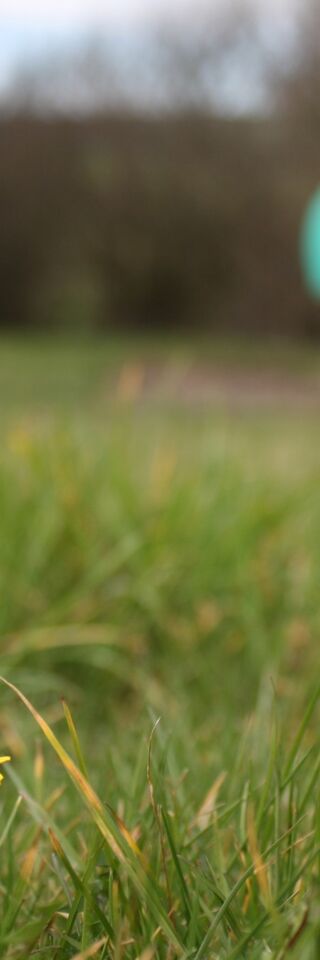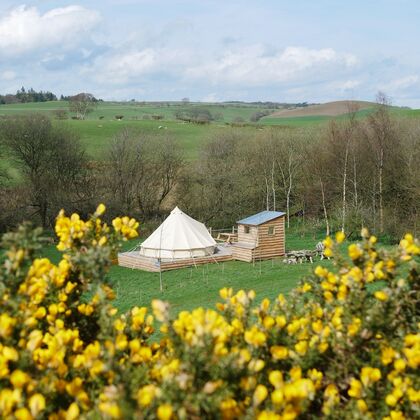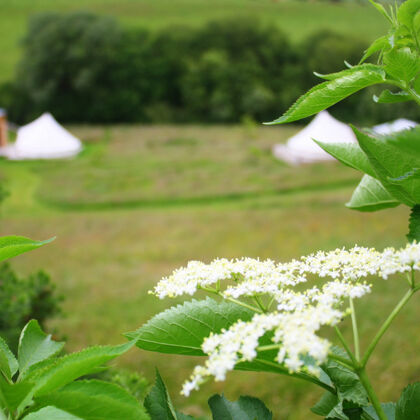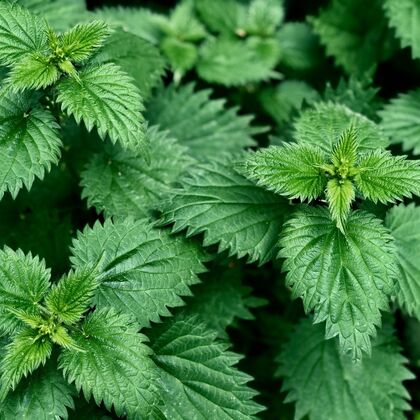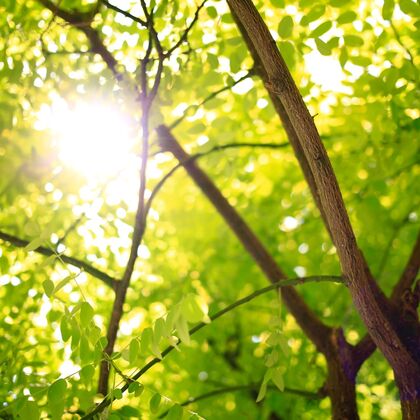Are you curious about eating wild food but not sure where to start? Read on for our top tips for first time foragers.
It’s the Spring Equinox today which marks the official end of winter and the start of new growth. Everywhere you look flowers and leaves are bursting into colour again – the perfect time to indulge in some wild foraging. There are so many benefits to eating wild food – from the high nutrient and zero chemical side of things, the connection it provides with nature as well as the fact that is all free and 100% sustainable. But there are some things to bear in mind before you roll up your sleeves and get picking and munching. Here are our top tips for you to bear in mind:
- NEVER eat anything unless you are 110% sure of what it is. It can be very easy when you are starting out to confuse similar species – but the risks are just not worth it. So….
- Start with what you know – nettles, dandelions, brambles – plants that are easily identifiable by everyone and help to build your confidence as a forager. Use all your senses to ID a plant - don't just rely on your eyes!
- Sample just a tiny bit to start with – just because a plant is edible doesn’t mean that it will always agree with you. If it is something you haven’t ever tried before start with a very small portion to see if you have any kind of reaction before consuming large quantities.
- Be aware of the hazards – this ranges from only picking leaves which are above dog-cocking height (!) to being aware of any potential contaminants such as pesticides on arable farmland or polluted areas at the side of the road. Generally speaking, you should try to forage in as wild an environment as possible.
- Don’t take too much – make sure you are a sustainable forager, picking only as much as you need and leaving plenty to continue growing and for other wildlife. Be mindful that birds are building their nests in the hedgerows at this time of year so take care not to disturb them.
- Stay within the law – there are laws covering foraging which makes it illegal to collect wild plants or fungi on a national nature reserve or a site of special scientific interest (SSSI) without the permission of Natural England. Some plants are also protected and are illegal to pick without a special licence.
- Steer clear of fungi – although it can be tempting to gather mushrooms for their amazing flavour, unless you are with an expert, we strongly advise leaving fungi foraging to the pros.
- Get yourself a good book – find an edition that works for you as this will become your bible. It needs to be small enough to take out with you while you are foraging, but comprehensive enough to help you identify and differentiate plant species. Our recommended reading list is below.
- Find yourself a foraging friend – the best way to learn is from someone else who you can quiz and question as much as you like to help you develop your plant ID knowledge. It is also great fun to forage alongside someone then come together at the end to compare your haul!
- Go on a foraging course – there are some great courses available around the country which don’t cost the earth and help to build your confidence and your wild food repertoire. We are also running a course here at The Forge at the end of April for a nominal fee of £10 per person.
RECOMMENDED READING LIST
- The Forager Handbook, Miles Irving, Ebury Press, 2009
- Food for Free, Richard Mabey, Collins, 2001
- The Forager's Kitchen, Fiona Bird, Cico, 2016
- Wild Food, Roger Phillips, Peerage Books, 1988
- The Fruit Forager's Companion, Sara Bir, Chelsea Green, 2018
